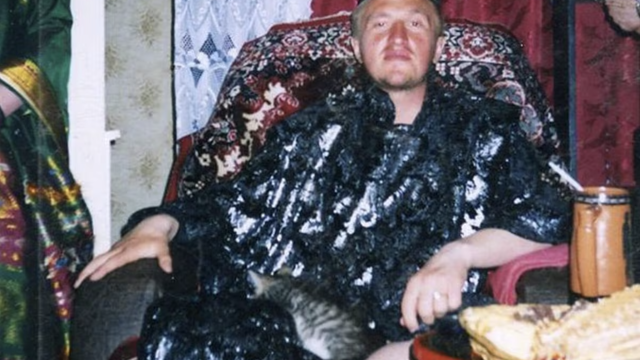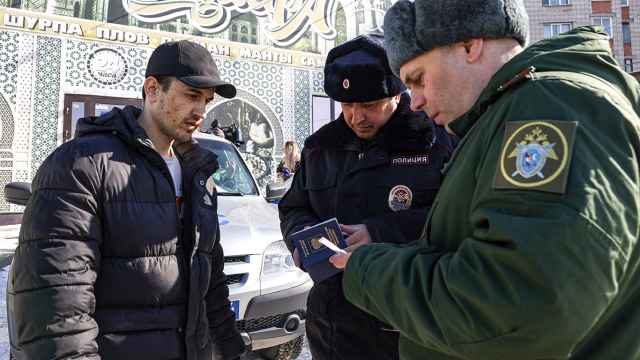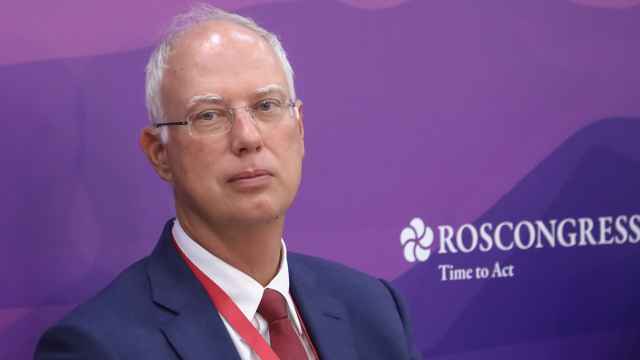The former head of the Central Elections Commission criticized prosecutors for failing to pursue voting-fraud cases and said the street protests that followed December's State Duma elections show that many Russians have lost faith in the system.
The outspoken comments made by Alexander Veshnyakov, Russia's ambassador to Latvia, in an interview published in Izvestia, were highly unusual for a currently serving diplomat.
Veshnyakov served as elections chief from 1999 to 2007. After being critical of Kremlin-backed voting laws and campaign tactics, he was replaced by current elections commission head Vladimir Churov, a strong ally of Prime Minister Vladimir Putin.
In the interview published Monday, Veshnyakov said cases of falsifications brought to prosecutors by the elections commission during his tenure were often not tried.
"Unfortunately, such facts [of voting falsifications] were uncovered when I worked as chair of the Central Elections Commission. But they only made it to court sometimes. In a few cases, prosecutors had to be appealed to several times to make them reopen a criminal case that they had opened, but then closed, and take it to be examined in court," he said.
"And when a case made it to court, the maximum punishment was, to my chagrin, probation," Veshnyakov said.
The former elections chief said the recent opposition demonstrations are evidence that many Russians doubt the results of the controversial parliamentary elections, which the opposition claims were tarnished by mass falsifications.
"It can be stated that a rather significant portion of Russian citizens do not trust the election results. And that lack of trust was expressed in a democratic form — as was demonstrated at the protest on Dec. 10 [on Bolotnaya Ploshchad] and the following [ones]. That is a worrying signal," Veshnyakov said.
"After all, if such a large group of people does not trust [the results], that means there are grounds for that," he said.
Meanwhile, current elections chief Vladimir Churov on Tuesday lamented the large number of observers expected for the March 4 presidential vote, saying they will cause a "stir."
"[If] there is a large number of observers, there is a stir. And when there is a stir, it means that there is low preparation," he said at a meeting about the upcoming vote.
Churov said that could lead to violations on the part of the observers and to their being removed from voting sites.
Individual cases of observers being removed are possible, he said, adding that "every removal must be accompanied by a report concerning a violation. We will view every such case as an abnormality."
Election watchdogs criticized authorities after the Duma vote in December for removing observers on improper grounds.
A Message from The Moscow Times:
Dear readers,
We are facing unprecedented challenges. Russia's Prosecutor General's Office has designated The Moscow Times as an "undesirable" organization, criminalizing our work and putting our staff at risk of prosecution. This follows our earlier unjust labeling as a "foreign agent."
These actions are direct attempts to silence independent journalism in Russia. The authorities claim our work "discredits the decisions of the Russian leadership." We see things differently: we strive to provide accurate, unbiased reporting on Russia.
We, the journalists of The Moscow Times, refuse to be silenced. But to continue our work, we need your help.
Your support, no matter how small, makes a world of difference. If you can, please support us monthly starting from just $2. It's quick to set up, and every contribution makes a significant impact.
By supporting The Moscow Times, you're defending open, independent journalism in the face of repression. Thank you for standing with us.
Remind me later.





